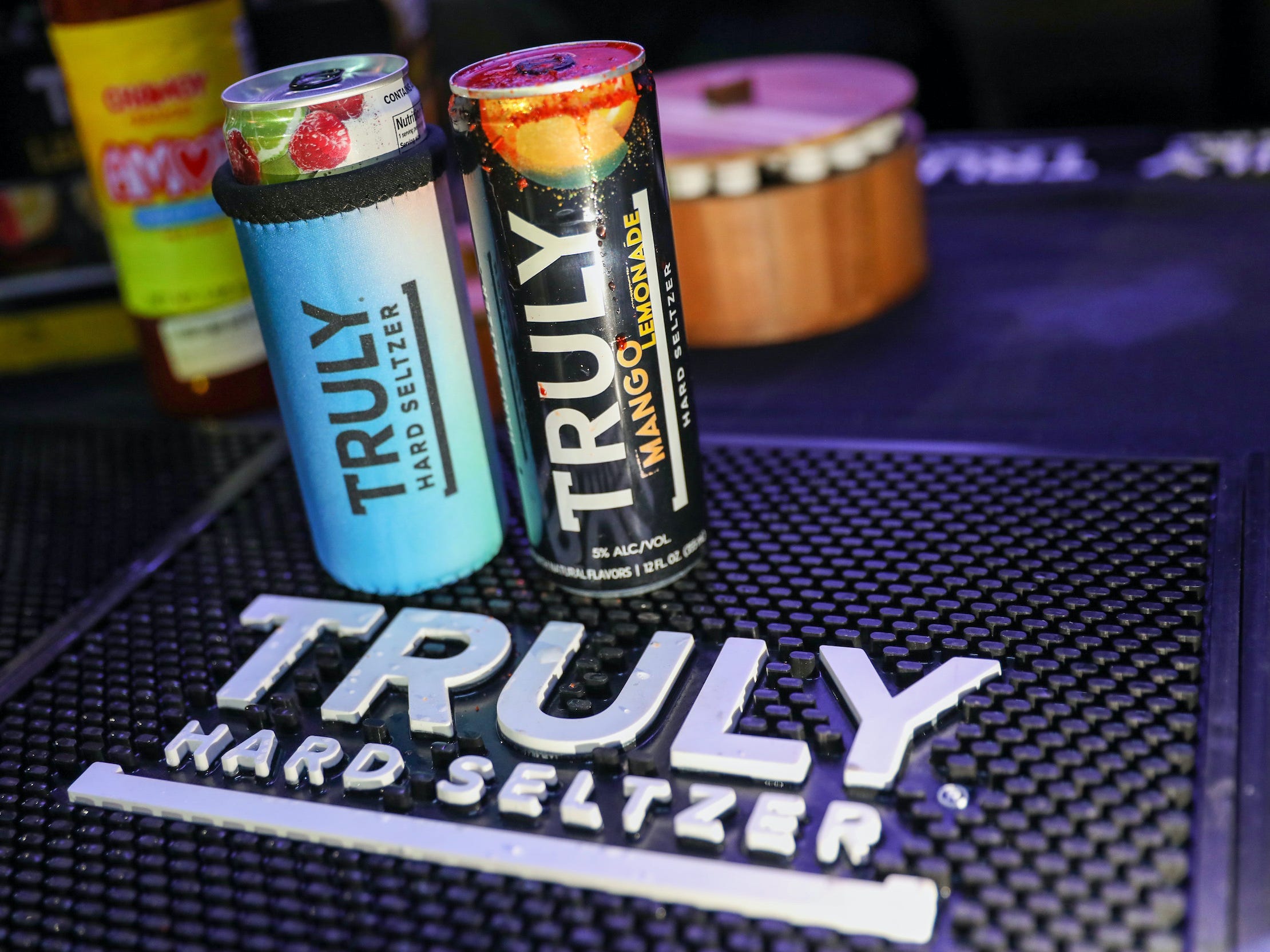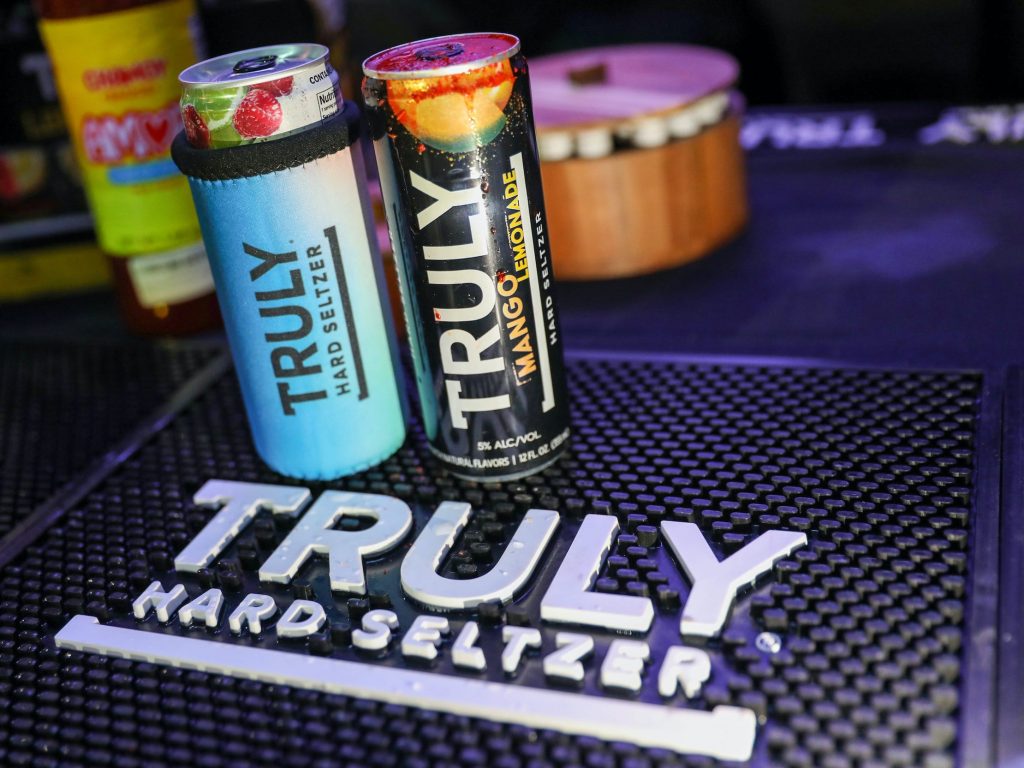
- Boston Beer plans to throw out "millions of cases" of Truly rather than put it on sale.
- The company's chairman told CNBC that it would rather toss out the Trulys than let them get stale.
- The hard seltzer category as a whole has been waning throughout 2021.
The company that makes Truly plans to toss out "millions of cases" of its product amid waning demand for hard seltzer.
Jim Koch, the chairman of Boston Beer Company – which produces Truly, along with Samuel Adams, Dogfish Head, and Twisted Tea – told CNBC on Friday that the company overestimated the popularity of hard seltzers. Boston Beer got "aggressive" about buying raw materials like flavors and cans and adding extra capacity to produce Truly, Koch said during an interview on "Closing Bell."
"Frankly, we overbought," he said. "And when the growth stopped, we had more of all those things than we were going to be able to use, because there is a shelf life."
Now, Boston Beer plans to throw away the excess cases rather than sell them at a discount. Koch told CNBC that putting the product on sale is "just not what we do at Boston Beer Company."
"Rather than take a chance of it getting out in the market and going stale and consumers having a bad experience, we decided to make the hard decision and eat a lot of product, just to make sure consumers didn't get stale product and have a bad Truly," he said.
Boston Beer reported a net loss of $58.4 million, or $4.76 per share, for the quarter ended September 25, which the company said was the result of an "unexpected rapid slowdown" in the hard seltzer category. Boston Beer reported disappointing sales of seltzer in the second quarter of 2021 as well - CEO David Burwick said at the time that the lagging sales "hit us hard and fast."
As Insider's Alex Bitter reported this past summer, the seltzer category as a whole is beginning to fizzle out after ruling the beverage industry for the past two years. According to data from Jefferies and Nielsen, sales growth for hard seltzer brands has slowed significantly from 2020, when it surged 165%.
The cause may have something to do with the pandemic: People have been returning to bars and restaurants at a higher rate this year, and seltzer may not be as exciting of an option for customers, Phil Lempert, a food analyst and founder of SupermarketGuru.com, told Insider in July.
"Maybe they'll bring a can and a glass for you, but you're going to have this emotion that says 'Oh, I could've had this at home,'" he said.
Dit artikel is oorspronkelijk verschenen op z24.nl

